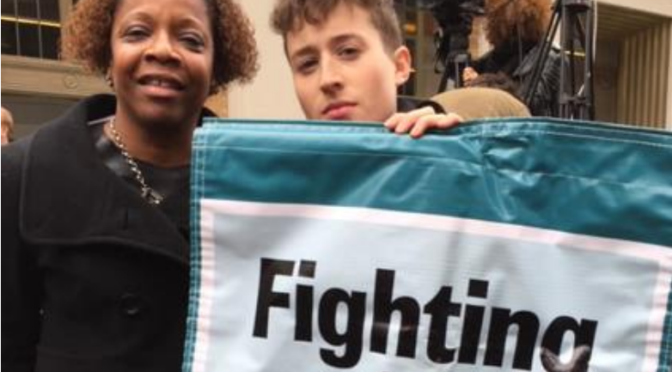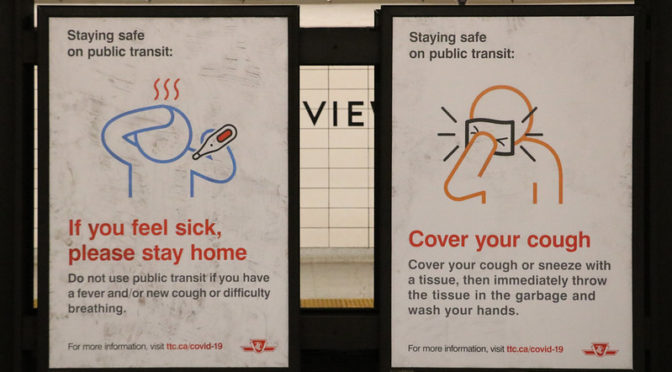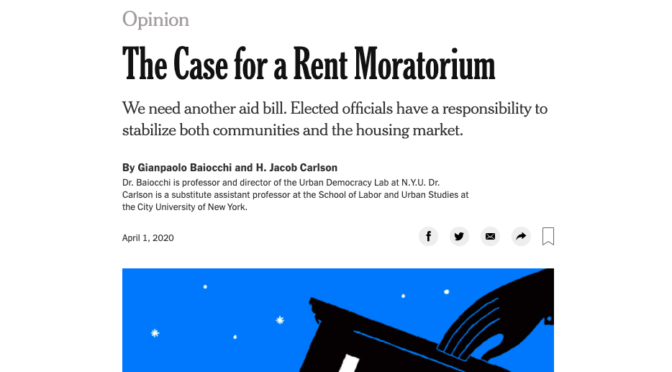Writing in the Chronicle of Philanthropy, three writers grappled with a thorny question: what happens to nonprofits under the conditions of economic contraction sure to result from the coronavirus?
Democracy Alliance president Gara LaMarche, Progressive Multiplier Fund executive director Philip Radford and Beeck Center for Social Impact and Innovation at Georgetown University ED Sonal Shah write:
…[N]onprofits, especially groups providing and advocating for a social safety net, are typically underfinanced. A report released by Candid shows that half of all U.S. nonprofits are operating with less than one month’s cash reserves, leaving those organizations particularly vulnerable.
If normal patterns follow, we won’t see them getting the help they need from grant makers. Generally, foundations give 5 percent of the average value of their endowment from the previous three years, meaning a steady decline in giving during and after a recession.
What’s worse, according to data provided by Candid, foundation investments in helping nonprofits achieve financial sustainability after the last recession dropped more precipitously than their overall giving. During recessions is precisely when we should be both supporting and strengthening nonprofits, especially those that serve the neediest and advocate for them.
So what is to be done? The writers spoke to SLU professor Deepak Bhargava, who explained that “in economic downturns, we must do everything in our power to protect and expand the social safety net that offers a lifeline to those who are most deeply impacted and also strengthen the community-led organizations that advocate for that safety net. The community-based nonprofits that serve, organize with, and advocate for low-income people are on the front lines. They are and yet are also most at risk during an economic crisis.”
So what does that look like? The authors advocate for philanthropists to act now in order to push Congress in the right direction, and to help nonprofit groups weather the storm by taking the following three steps:
- Help groups quickly test efforts to improve their fundraising efforts.
- Show groups how to turn increased public awareness into long-term financial viability.
- Increase flexibility and loosen restrictions on low-interest loans and other program-related investments.
Read the full article here.
Photo by Daniel Foster via flickr (cc-by-nc-sa)








